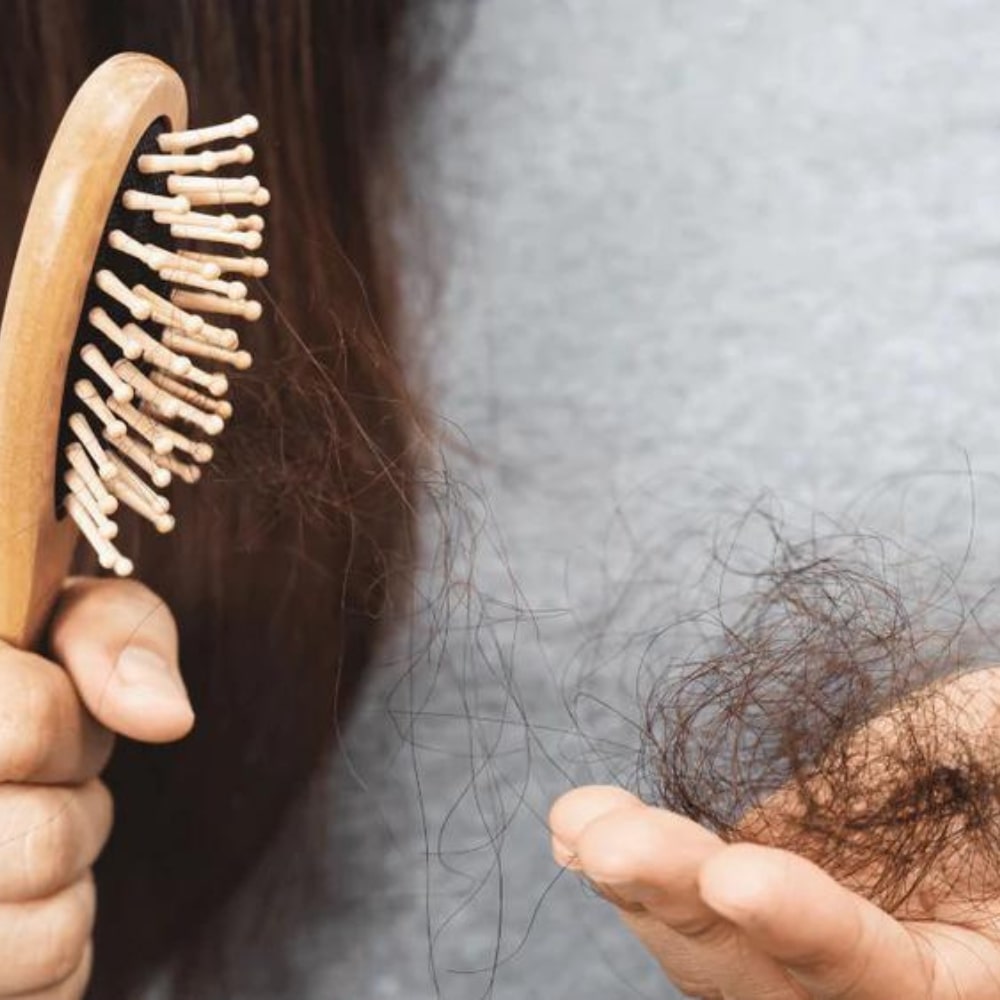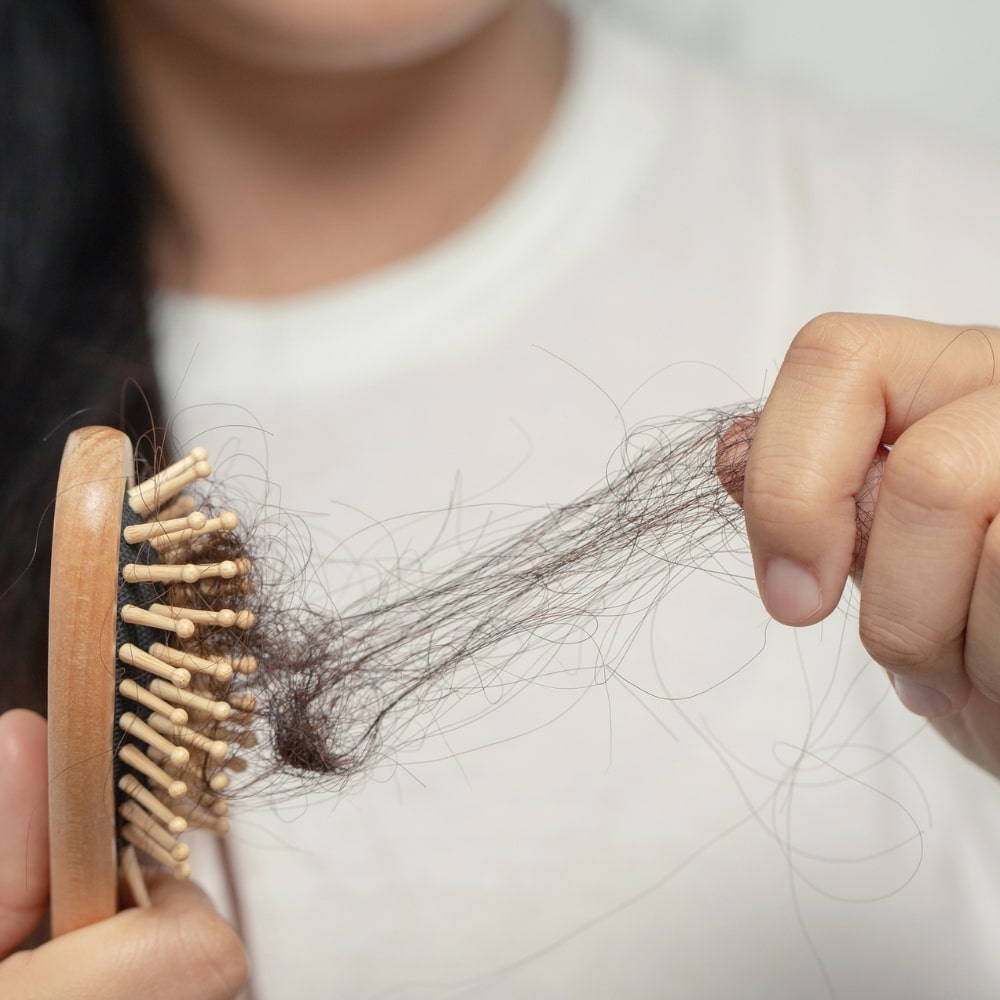
As summer turns to fall, some individuals notice an increase in hair loss. If you find yourself among them, take solace in the fact that you’re not alone. Dr. Christian Merkel, a dermatologist in Munich, often observes a surge in patients seeking help for hair loss during the autumn months. Many are experiencing hair loss for the first time and are understandably concerned about it.
The Mystery of Seasonal Hair Loss
Dr. Merkel points out that seasonal hair loss is a common phenomenon, especially in women, and it tends to occur during the late summer or fall. While the precise cause remains somewhat elusive, several theories attempt to explain this seasonal pattern.
One such theory likens our hair to a protective coat, and just as animals shed or grow thicker fur in response to changing seasons, our hair may respond similarly.
Phases of Hair Growth
Dr. Merkel explains that each hair undergoes two primary phases: the anagen (living) phase and the telogen (resting) phase. Hair remains in the anagen phase for several years, accounting for approximately 90% of our hair. The remaining 10% is in the telogen phase, which typically spans two to four months and involves hair root regeneration.

Normally, the transition between these phases goes unnoticed because the number of hairs on our heads remains relatively constant. However, in late summer and fall, more hair enters the telogen phase for many women.
Coping With Autumn Hair Loss
Dr. Merkel notes that patients often observe increased hair shedding in their hair brushes for one to three months. After this transitional period, new hair begins to grow from the hair follicles. There are specific care products, such as pharmacy-sold scalp shampoos, which can facilitate hair regrowth during this phase.
However, prevention is usually more effective than after-the-fact care. Starting to use hair care products during the preceding summer is advisable. Nutritional supplements that promote hair health and growth, including zinc, can also be a valuable part of your strategy.
Seeking Professional Advice
It’s important to note that while increased hair loss in the latter part of the year isn’t considered a disease, if you find yourself losing more than 100 hairs per day over a span of two to four weeks, it may signal a different type of hair loss.
In such cases, consulting a healthcare professional is recommended. They can conduct a comprehensive evaluation, which may include computer-assisted hair analysis and blood work, to determine the underlying cause and provide appropriate guidance.